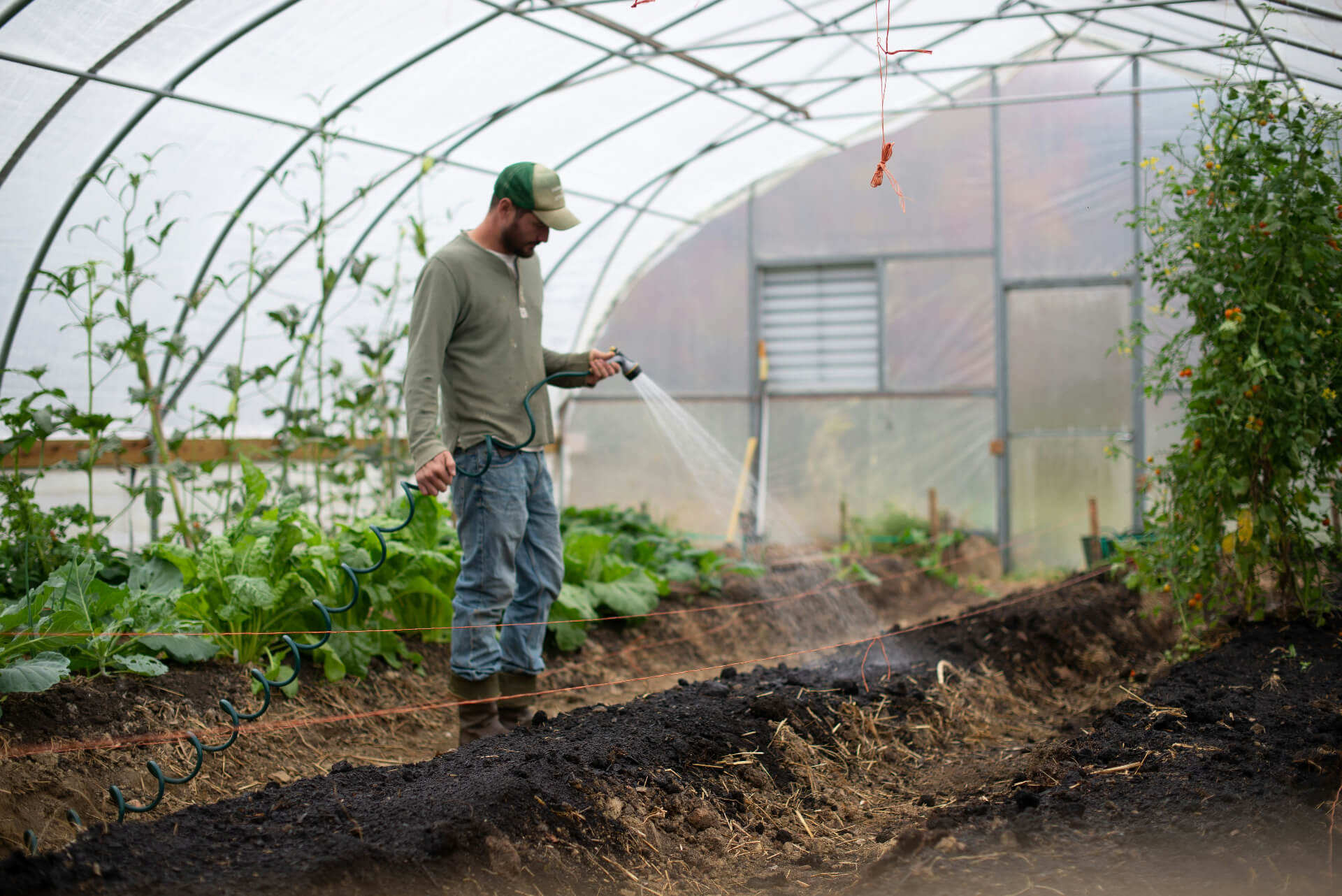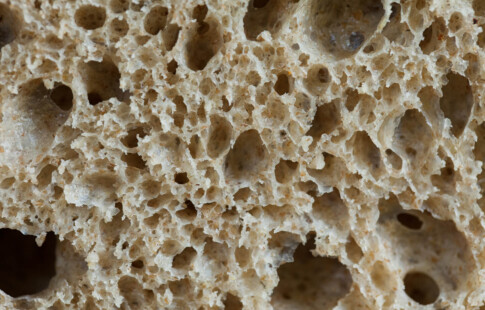
What Is Small Scale Farming?
We are reader-supported. When you buy through links on our site, we may earn affiliate commission.
When you think of farming, what do you see? Most would envision a home garden or massive, sprawling fields. So, what is small scale farming, then? Learn about the distinctions between corporate agriculture and something in your backyard. Small scale farming has a massive impact around the world, even if you may not have interacted with them in your community before.
What Is Considered Small Scale Farming?
There are several characteristics of a small scale farm as defined by the U.S. Department of Agriculture. Since 2010, the USDA has classified small farms based on income. They must receive less than $250,000 annually, but they include multiple groups — commercial and noncommercial.
Commercial farms need to make between $10,000 and $250,000 in sales, and noncommercial small farms earn less than $1,000 typically. The noncommercial setup must have enough land, livestock, or both, to have the potential to produce at least this much to fall under this designation. Lands that fall into the latter generally earn income in other ways but have the farm as a supplement.
Some resources suggest a small scale farm ranges between 50 to 100 acres, whereas hobby farms are less than 50 acres. The rest of the details about the farm don’t matter. Small scale farmers can grow and raise whatever they want on however much property they own.
Small scale farms are also referred to as smallholdings or smallholders. Referring to the operation with this terminology invites more specificity. The Food and Agriculture Organization of the U.N. drafted definitions in 2017 for small-scale food producers. Sometimes they include a mixture of subsistence farming, which is growing specifically for the family, and cash crops, which help the family earn a living.
What Is the Difference Between Small Scale and Industrial Farming?
What are other differences other than size and revenue? Small scale farms have vastly different procedures than hobby farms and industrial farms because there is less to maintain. There are also fewer people working on the farm, whether they are employees or part of a family.
The aim may be to feed themselves predominantly, but this doesn’t limit their potential. Small scale farms could show up at farmer’s markets, pop-ups, or even distribute crops to local grocers. There is no one image of what small scale farming is, despite several criteria from government bodies.
Typically, smallholders use more sustainable practices, whereas corporate production leverages monoculture, pesticides, and other controversial activities. These are not exclusive qualities, but industrial farms have greater access to expensive, environmentally invasive machinery and products. When their goal is to generate as much food as quickly as possible, it may lead to a more naturally exploitative form of farming.
Small scale farms are critical for billions of people worldwide. Some nations thrive predominantly on subsistence and smallholder farms. Africa, South America, and Asia have many, where they grow some of the world’s most important crops, such as cocoa and maize. For some countries, small scale farms are responsible for the majority of the gross domestic product. Without these families and communities, some areas would crash in more ways than one.
What Are the Challenges in Small Scale Farming?
Small scale farming may seem quaint, but they struggle in unique ways compared to larger operations. Research shows these are their most significant challenges:
- Economic stability
- Educational resources access
- Marketing
- Infrastructure quality
- Water scarcity
- Climate change impacts
- Advanced tech access
- Lack of awareness
- Systemic, racial, and gender biases
Whether small scale farming is a choice or not, many struggle to obtain a solid financial foundation. Insufficient finances are a huge issue, especially when many farms don’t qualify for public funding or assistance. Limited access to a wider market exacerbates this problem, limiting their income.
Larger, urban farms may be more successful because of educational and technological opportunities. For example, the Internet of Things (IoT) provides large farms with invaluable data about invasive species, soil pH, moisture levels, and more. If this data is collected on small farms, it is manually obtained and potentially less accurate. Knowing what to keep an eye out for to manage a healthy crop or ranch could pose a greater struggle with limited resources.
What Are the Benefits of Small Scale Farms?
Many small farms overcome these barriers because they know how important they are to society. They have several advantages over the domineering agricultural organizations, including:
- Higher productivity
- Greater diversity and intersectionality
- Increased chances of sustainable practices
- More notable contributions to local economies
- Positive impacts on eliminating nearby food insecurity
What is small scale farming if not supporting your community and helping to feed its residents? When supermarkets or bulk shopping are inaccessible to many, smallholders are the lifeblood of countless neighborhoods. Nutritious, whole foods are literally in your backyard and ready to share to many. This is an important influence of smallholdings, as they are understated advocates for environmental justice.
Small scale farms have the potential to bring communities together and engage them on how to take care of their native species and resources. For rural, Indigenous, and minority communities, these advantages are worth more than financial earnings because they provide a different type of stability absent in corporate agriculture.
Quick Statistics About Smallholder Farmers
The World Economic Forum has extensive research and surveys highlighting how prominent small scale farming is and how integral it is to many societies. This data will give anyone a better understanding of its global impact. As of 2022:
- The planet has over 600 million smallholder farms using less than two hectares.
- This land makes up to 31% of worldwide crop yield.
- It also produces up to 34% of accessible food supplies.
What Is Small Scale Farming?
Small scale farming is empowering to many, as it supports a healthy diet and steady income. It connects many people to their homelands and forces them to learn about the planet in an intimate way. There are several obstacles preventing many smallholdings from reaching their full potential, so climate activists must advocate for fair funding and support for these businesses and families.
They are pivotal to ending food scarcity and protecting the health of billions of people. As countless seek to adopt more agrarian, eco-friendly practices for their future households, small scale farms will likely rise in popularity. Hopefully, trends equalize access to education and technology for agriculturalists small and large, worldwide.
Share on
Like what you read? Join other Environment.co readers!
Get the latest updates on our planet by subscribing to the Environment.co newsletter!
About the author

Jane Marsh
Starting from an early age, Jane Marsh loved all animals and became a budding environmentalist. Now, Jane works as the Editor-in-Chief of Environment.co where she covers topics related to climate policy, renewable energy, the food industry, and more.





